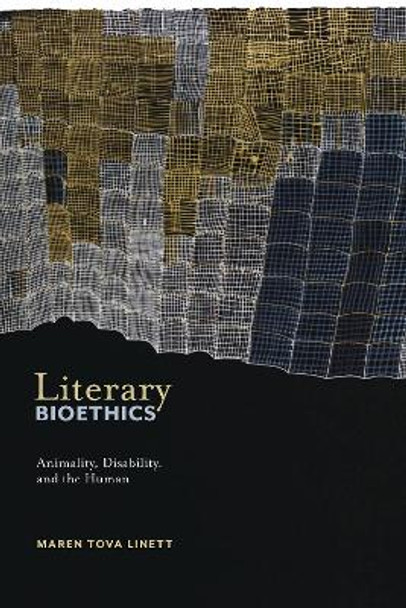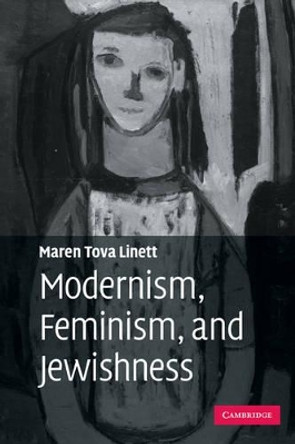Description
Uses literature to understand and remake our ethics regarding nonhuman animals, old human beings, disabled human beings, and cloned posthumans
Literary Bioethics argues for literature as an untapped and essential site for the exploration of bioethics. Novels, Maren Tova Linett argues, present vividly imagined worlds in which certain values hold sway, casting new light onto those values; and the more plausible and well rendered readers find these imagined worlds, the more thoroughly we can evaluate the justice of those values. In an innovative set of readings, Linett thinks through the ethics of animal experimentation in H.G. Wells's The Island of Doctor Moreau, explores the elimination of aging in Aldous Huxley's Brave New World, considers the valuation of disabled lives in Flannery O'Connor's The Violent Bear It Away, and questions the principles of humane farming through reading Kazuo Ishiguro's Never Let Me Go. By analyzing novels published at widely spaced intervals over the span of a century, Linett offers snapshots of how we confront questions of value. In some cases the fictions are swayed by dominant devaluations of nonnormative or nonhuman lives, while in other cases they confirm the value of such lives by resisting instrumental views of their worth-views that influence, explicitly or implicitly, many contemporary bioethical discussions, especially about the value of disabled and nonhuman lives.
Literary Bioethics grapples with the most fundamental questions of how we value different kinds of lives, and questions what those in power ought to be permitted to do with those lives as we gain unprecedented levels of technological prowess.
About the Author
Maren Tova Linett is Professor of English and the Director of Critical Disability Studies at Purdue University. She is the author of Modernism, Feminism, and Jewishness (2007) and Bodies of Modernism: Physical Disability in Transatlantic Modernist Literature (2017), and the editor of two collections about modernist women writers.
Reviews
Linett's articulation of literature as a site of bioethical exploration offers new and essential inroads for conversations on disability. Moving past the 'thought experiment,' Linett positions literature as an alternative kind of thought laboratory, one far more interested in whose lives are valued when we think bioethically -- Alison Kafer, author of Feminist, Queer, Crip
The book's writing is lucid, the structure is well organized, the research is meticulously conducted, and the main claims are masterfully argued. Literary Bioethics will be useful for those working in the fields of disability studies, literary studies, sociology, animal studies, age studies, and bioethics. It will be especially helpful for those trying to think through thorny questions having to do with justice for both disabled people and animals. * Disability Studies Quarterly *
Ranging widely across the long twentieth century and skillfully weaving together disparate (and sometimes adversarial) disciplinary and critical perspectives, Literary Bioethics promises to persuade a broad array of readers of the distinctive value of literary ways of knowing as we strive toward justice for sentient lives. * Journal of Modern Literature *
Book Information
ISBN 9781479801251
Author Maren Tova Linett
Format Paperback
Page Count 208
Imprint New York University Press
Publisher New York University Press








